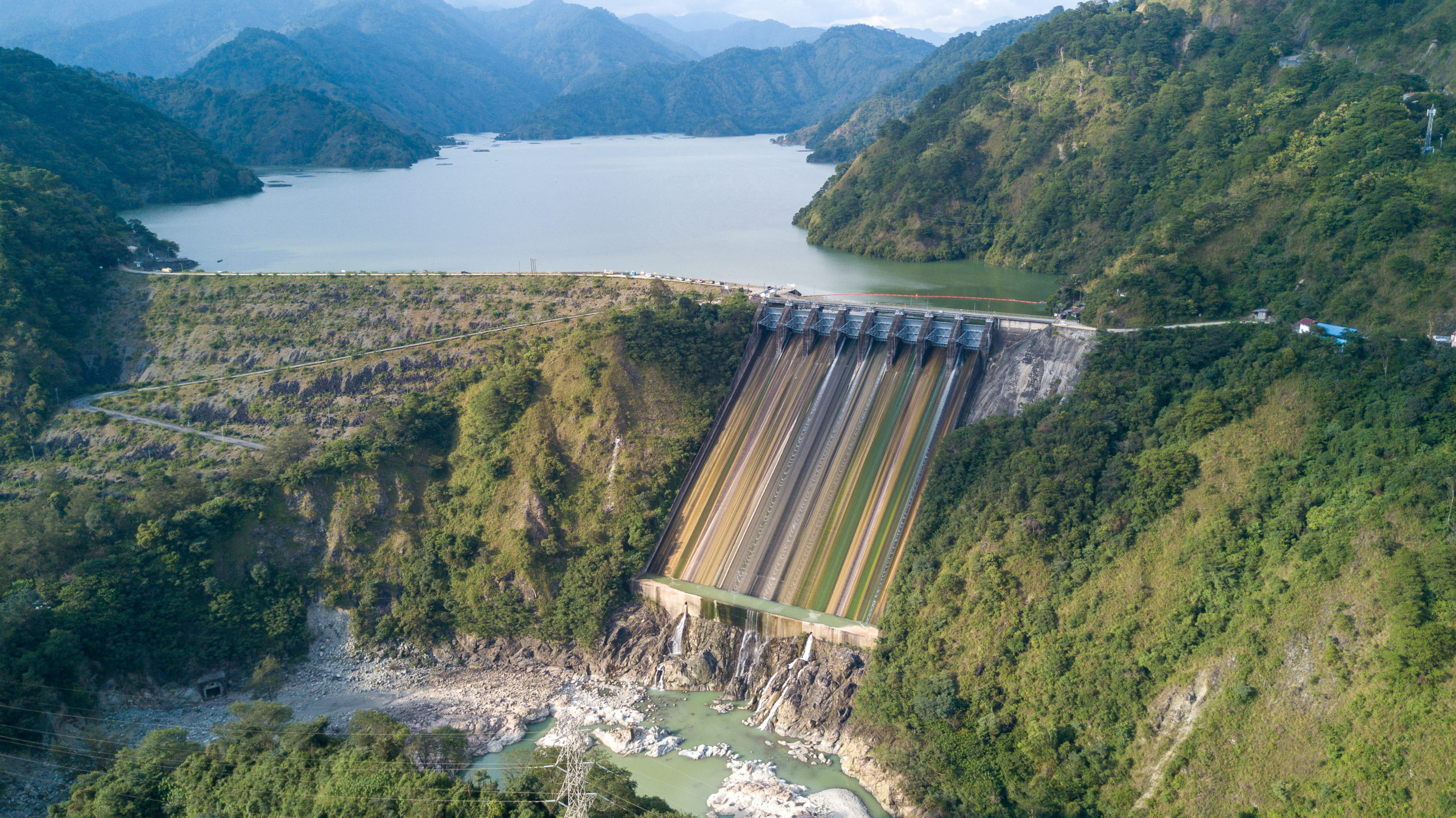
This article was originally posted on with.hydropower.org
Anton-Louis Olivier is a senior hydropower advisor at Scatec, a global renewable energy company that is at the forefront of hydropower development in Africa.
He has worked in the renewable energy sector internationally in leadership roles for more than 25 years and is a vice president of the International Hydropower Association (IHA) and a former winner of the Mosonyi Award for Excellence in Hydropower.
On the occasion of #GlobalHydropowerDay, Anton-Louis spoke with IHA about the challenges for hydropower development in Africa, the opportunities it presents, and the work that Scatec is doing across the continent.
You can watch the interview in full here:
“The role of hydro has changed”
While hydropower has played an important historical role in providing access to electricity in many African countries, its full potential across the continent remains largely untapped. Anton-Louis highlighted the changing role that hydropower is playing in the context of climate change.
“In Sub-Saharan Africa, half of all installed generation capacity is hydropower, and most of those plants are more than 30 years old,” he said. “So, hydropower is the original electricity provider, and it is still keeping the lights on across the region.”
“We’ve got abundant resources available and technology that matches what the continent needs, and now we are adding on vast amounts of intermittent renewables. In order to integrate intermittent renewables, specifically in weak grids – and most African countries do have weak grids – you need something to balance that.”
“Hydropower is ideally positioned to do that, through the flexibility, through the ancillary services it provides to grids – but also, through dispatchability.”
“The role of hydro has changed, but it has emerged in a new context that is just as important as it was in the past.”
“This company is doing great things”
Scatec was recently announced alongside its partner EDF as a developer of a pioneering 350 MW hydropower plant in Mpatamanga, Malawi. Once built, the project will double the country’s total installed power capacity.
“I am really excited to be a member of the Scatec hydropower team,” said Anton-Louis. “This company is doing great things globally, but also specifically in Africa and specifically around hydropower.”
The company has more projects in the pipeline in addition to the announcement in Malawi – and is looking at other large opportunities in the hundreds of megawatts range across the continent.
Originally created as a solar independent power producer, Scatec has vastly expanded its portfolio. “The company is now looking at all renewable energy technologies,” said Anton-Louis.
“Scatec is one of the few players with the balance sheet, the track record and the know-how to do this on the African continent.”
“There are huge shortages of power capacity”
Hydropower has the potential to contribute significantly to human development in emerging economies while helping to address global climate goals.
“Africa as a whole is marked still by very low levels of access to electricity,” said Anton-Louis. “It’s been creeping up, but it’s stagnated for decades. Fortunately, countries have started focusing on providing improved access to electricity for their populations. But you need generation capacity to support that.
“There are huge shortages of power capacity – and bringing new capacity online in a sustainable manner whilst taking climate change impacts into account is really tailored for hydropower.”
“From enabling lights to be switched on to supporting broader economies, hydropower, as part of the energy mix, can play a huge role in development.”
“We’re not going to do it without people”
The International Energy Agency (IEA) emphasised in its Net Zero by 2050 report in 2021 that global hydropower capacity would need to be doubled in order to limit global temperature rises to 1.5°C.
“That’s a huge challenge, and we’re not going to do it without people,” said Anton-Louis.
“The first hydropower plants were constructed in the late 19th century,” he continued. “It’s seen as an old technology. One of the challenges that hydropower faces is to be attractive enough to young new workers.”
Hydropower’s complementary role in the renewable energy mix and its integration with other technologies provides an opportunity to appeal to a new generation of talent.
“The emergence of multi-technology companies like Scatec provides interesting places where people can see themselves having challenging and worthwhile employment,” said Anton-Lous. “I think that’s the route we need to take to attract the right people with the right skills into the sector.”
“We’ve got the right tools to assess projects on their sustainability”
The Hydropower Sustainability Standard, launched in 2021 and governed by a multi-stakeholder body, is the first standard of its kind in the renewables sector. It enables progressive hydropower developers to have their projects independently assessed and certified as sustainable.
“Hydro has come a long way,” said Anton-Louis. “We are not 100% there yet, but we are certainly far better positioned now to judge what is sustainable and to evaluate projects beforehand.”
With long lead times to construct new projects, hydropower development can only be accelerated to the level needed to achieve net zero if governments act now.
“The biggest barrier we face now isn’t financing – it’s really around the planning permissions and policies around that,” said Anton-Louis. “Globally we are following an over-cautious approach around development.”
“We’ve got the right tools to assess projects on their sustainability, and we should look at ways of fast-tracking that in order to get more hydro online. Because if we don’t, we’re going to end up relying on fossil fuels for much longer than we want to.”
This article was originally posted on with.hydropower.org
Video: in conversation with Anton-Louis Olivier, Scatec (hydropower.org)